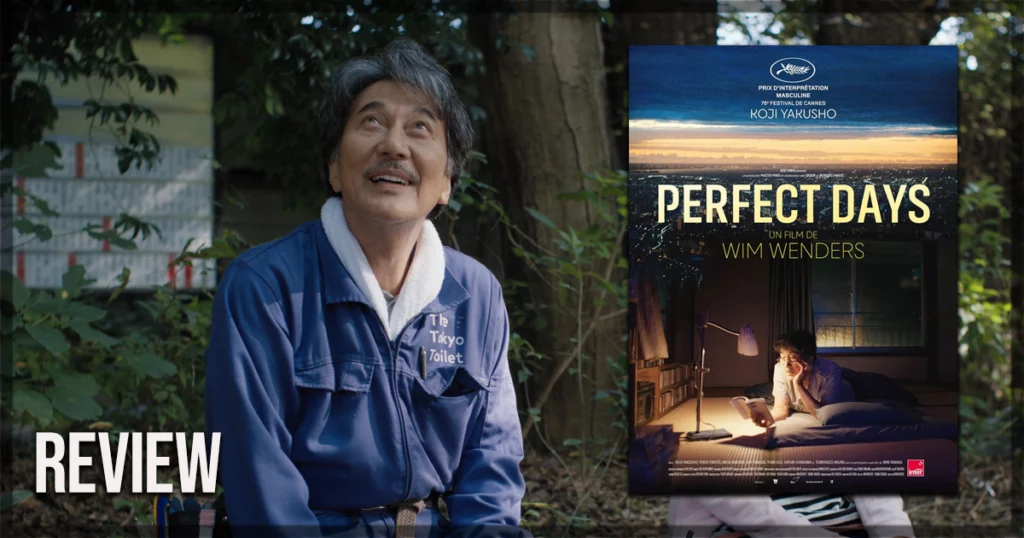Director Jesse Eisenberg returned to Sundance this year with his sophomore directorial effort, A Real Pain. The film has already made waves in the industry, with the worldwide rights acquired by Searchlight Pictures for $10 million. This news has made the film hotly anticipated in the movie world, as fans are eager to see what Eisenberg’s latest film has to offer upon its wide release.
That only leaves one question: is A Real Pain a good sophomore feature? The short answer is that Eisenberg’s latest film is a massive improvement on his debut film When You Finish Saving the World. The story follows cousins Benji (Kieran Culkin) and David (Jesse Eisenberg) going to Poland. After the death of their grandmother, the cousins take a trip to visit her homeland. Along the way, they join a Holocaust tour to learn about their history and learn more about each other.
That premise could leave some viewers rolling their eyes at the concept. The story teaches these characters a lesson and wants them to become better people by the end. Viewers have seen these journeys and, in some cases, can predict the outcome. For the story to be successful, only one detail can make viewers forgive the cliches. No matter how small, the performances must keep audiences caring about the journey. Thankfully, our two central performances help to make for an incredibly compelling watch.
The Performances are Deeper than they Appear
Both Eisenberg and Culkin have garnered careers playing specific kinds of roles. Both performer’s success thrives in their awkward comedic sensibilities. Culkin has made waves in HBO’s Succession, essentially playing a smart, immature, emotionally damaged businessman. Eisenberg has always thrived as a quiet, reserved, and sometimes anxiously fast-talking straight man. Both actors are good at those roles but have yet to break out from what’s expected. In A Real Pain, each actor’s known abilities help serve as a massive strength.
Each performance works together in perfect synchronicity on-screen. Both Eisenberg and Culkin perfectly encapsulate the same kinds of nervous energy. Throughout the film, viewers learn of both character’s damaged pasts. While including a well-rounded supporting cast, the screenplay (also by Eisenberg) has numerous scenes strictly between the leads. Both actors have to spill their cards on the table in these moments. Getting to watch them verbally spar remains compelling throughout. Both actors deliver exceptionally fine work, focusing on a balance between heart and depression. In A Real Pain, they go on a collective journey of loving and hating one another, realizing how they need each other.
Kieran Culkin delivers a career performance as Benji. On the surface, he appears as a wild card. The character is unfiltered, funny and the life of any room he enters. At the same time, Benji can also be overbearing. While grating in some moments, that hides a deeper pain of his past. It’s a career-best performance from Culkin that counterbalances Eisenberg’s typically insecure and anxious protagonist character. The interpersonal drama never once feels like actors acting out a scene. Each moment feels like real cousins dealing with real problems. That perfectly offsets the film’s look at real-world history.
The Historical and Real-Life Drama work together seamlessly in A Real Pain
The film covers lots of material within its rather brief 90-minute running time. Both Benji and David have to deal with serious trauma. They think they’ll be able to handle the trauma, but it turns out to be harder than it looks. The praise has to start with Jesse Eisenberg, who made this narrative balance successful. He has to write, star, and direct a film dealing with intergenerational trauma. Add in the time frame, and melding that material together is easier said than done. This includes making the real Polish history not feel like a bland history lesson.
Every piece of history comes at cleverly placed points in the story. Both David and Benji learn these lessons after dealing with their own drama. Learning their family’s history helps put the protagonist’s problems in perspective. The wrong screenplay would make these historical moments feel heavyhanded. How Eisenberg intricately weaves them into the story makes them feel earned. Feeling earned makes real history feel informative in the same way as it does to our central heroes. This is also thanks to the supporting cast, led by Will Sharpe, as the group’s tour guide, James.
As Benji and David deal with their drama, a tour group is along on the ride. Being surrounded by these supporting players offers an unbiased perspective into their own problems. They help our heroes understand how both men need to confront each other. The supporting characters get just as many humorous moments in their own way. That is thanks to Eisenberg never letting one performance stand in the way of another. While Culkin and Eisenberg are the leads, they let even the most minor roles have a moment to shine. It shows Eisenberg’s respect for the ensemble, delivering substantive, dramatic, and engaging sequences in the process.
A Real Pain accomplishes quite a lot in its 90-minute running time. It balances interpersonal drama with real-life history. The film wisely shows that Benji and David need to witness their past. While honoring their grandmother’s life, they must also understand more of each other. Culkin and Eisenberg are more than up to the task of this material’s tricky tonal balance. A Real Pain thrives as a look into history and is the equivalent of a funny stage play, which makes the combination one of 2024’s biggest surprises.
A Real Pain will release in theaters at yet to be announced date.
Are you excited about A Real Pain? When do you think it will be released? Connect with us on X @MoviesWeTexted to share your thoughts.




